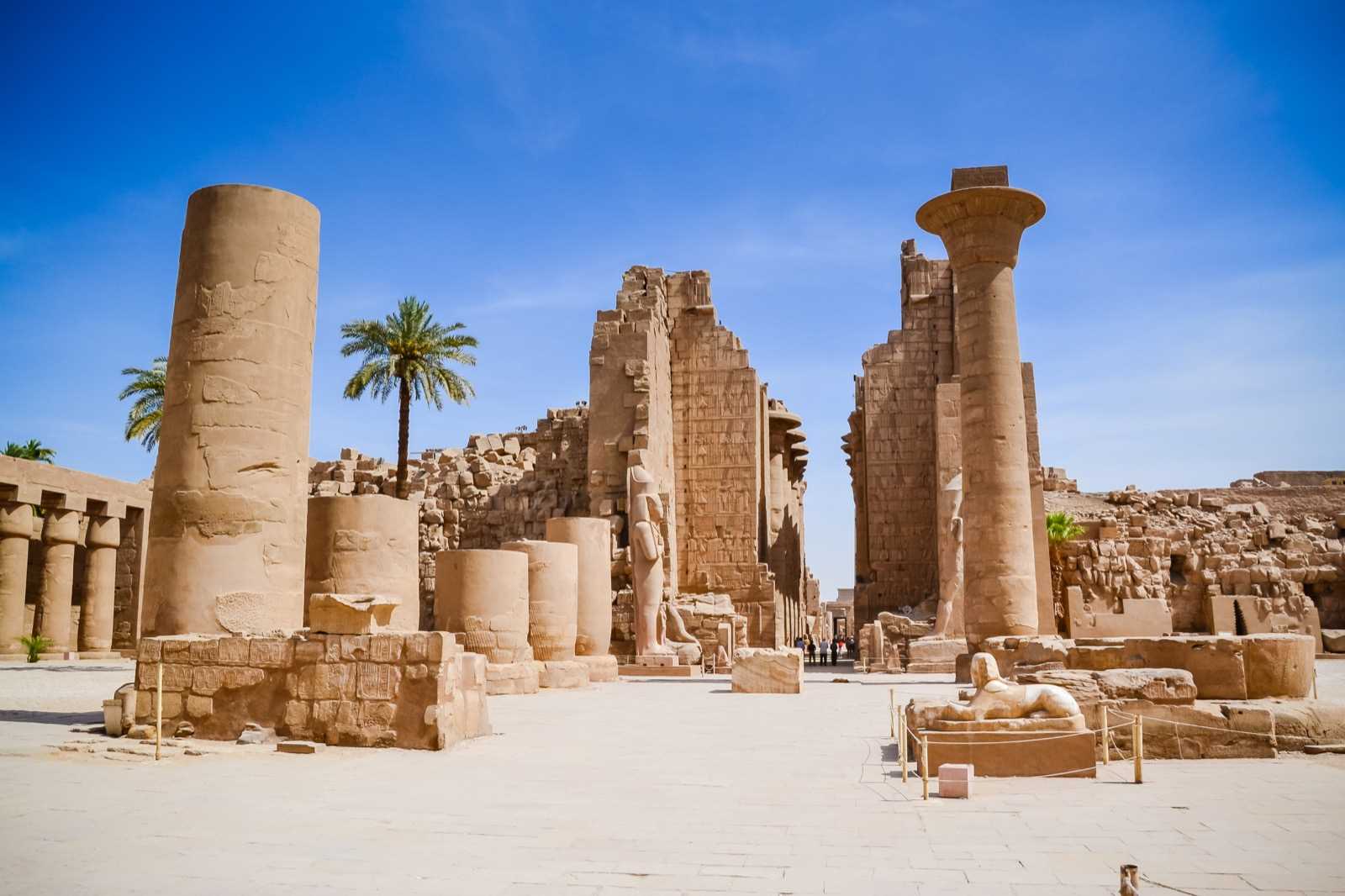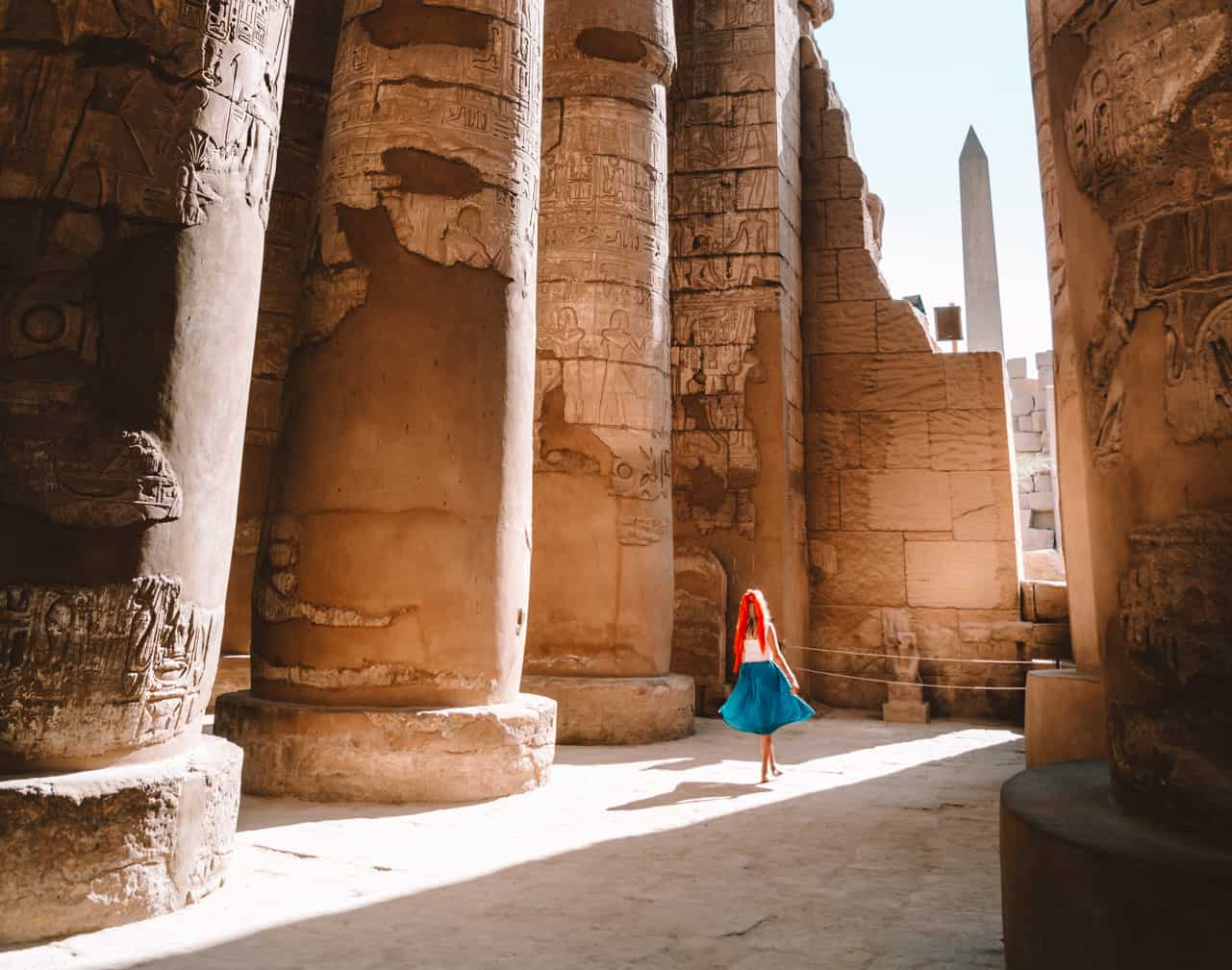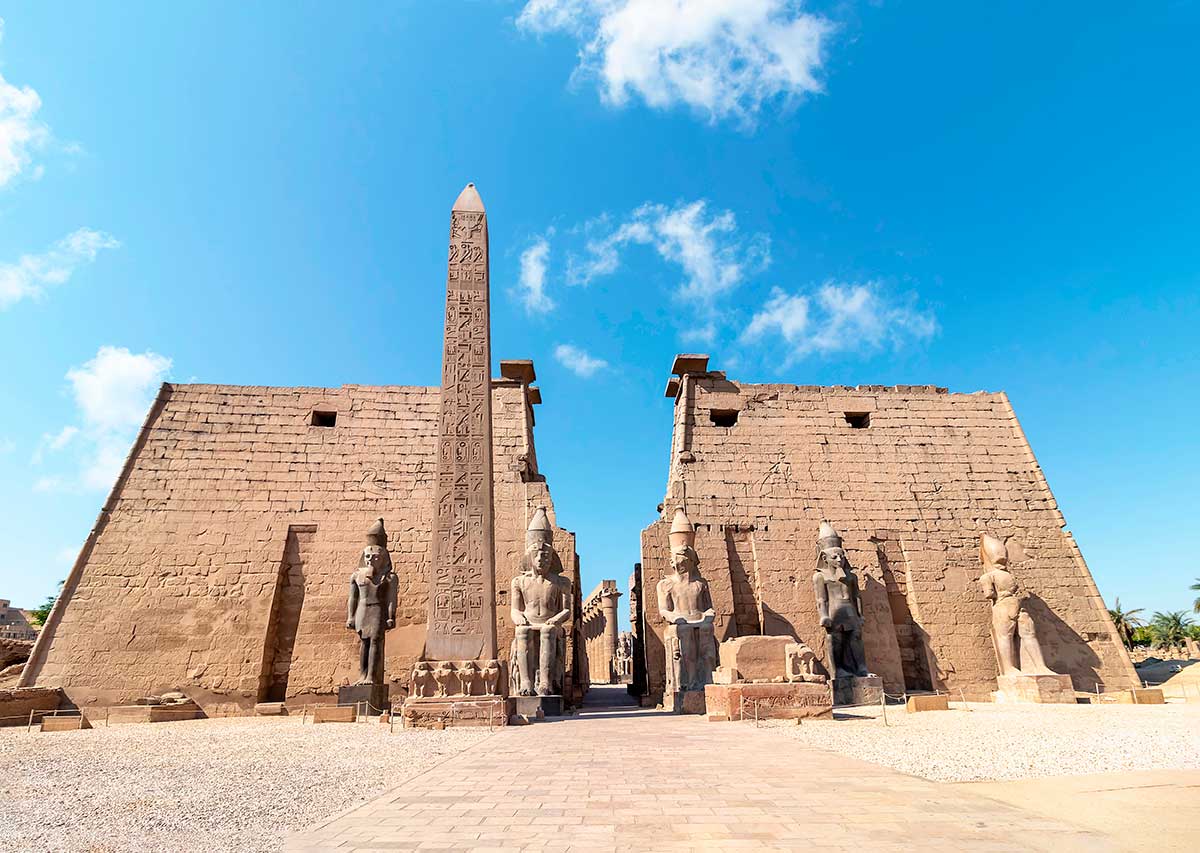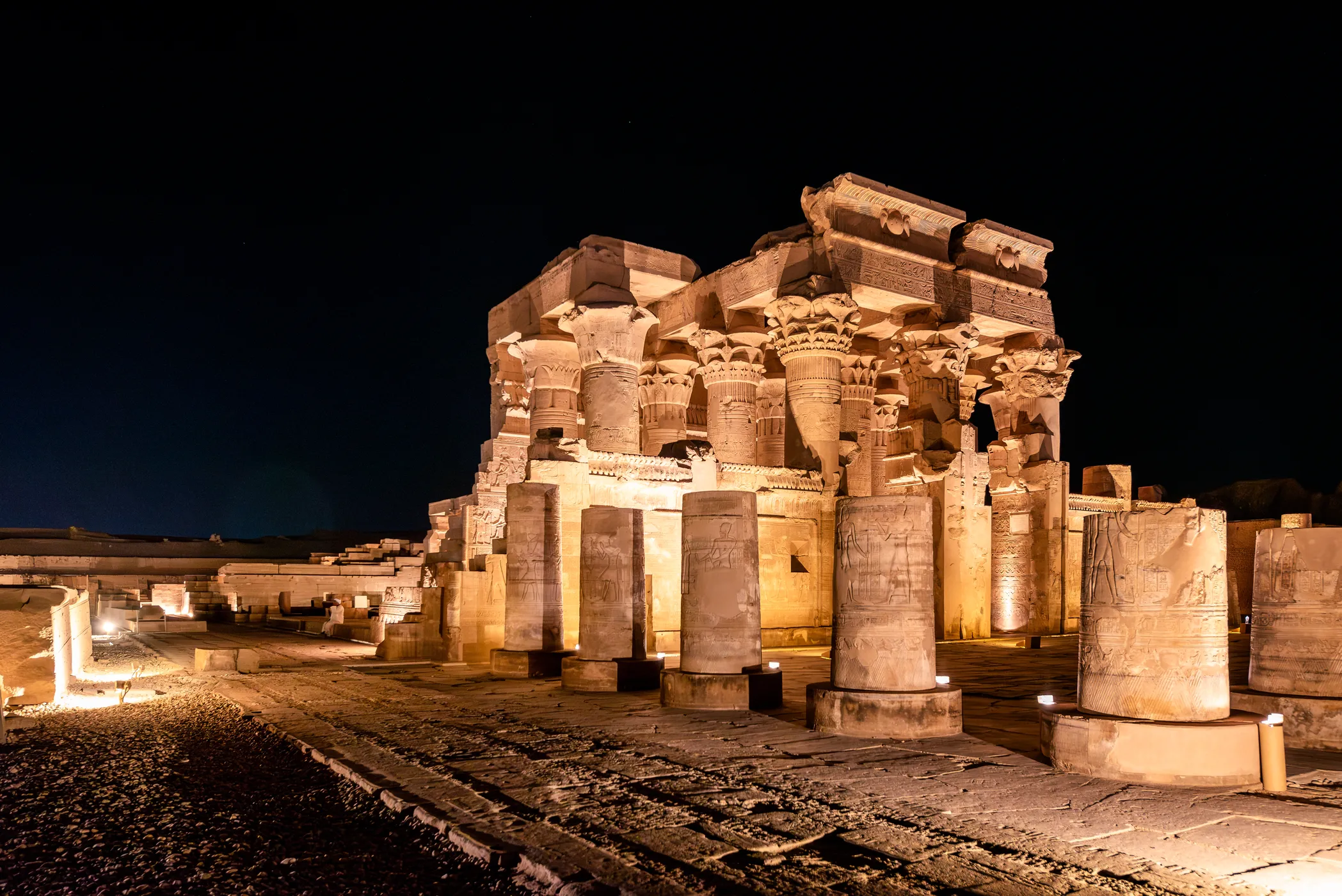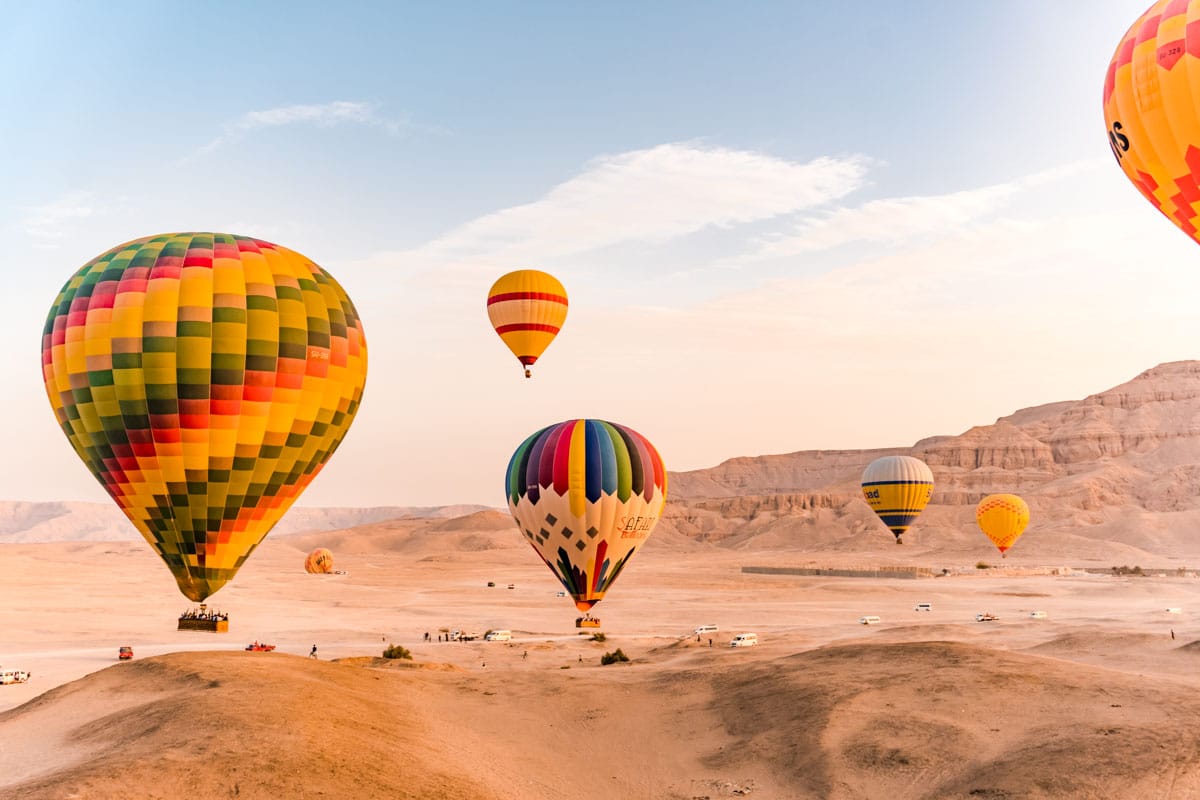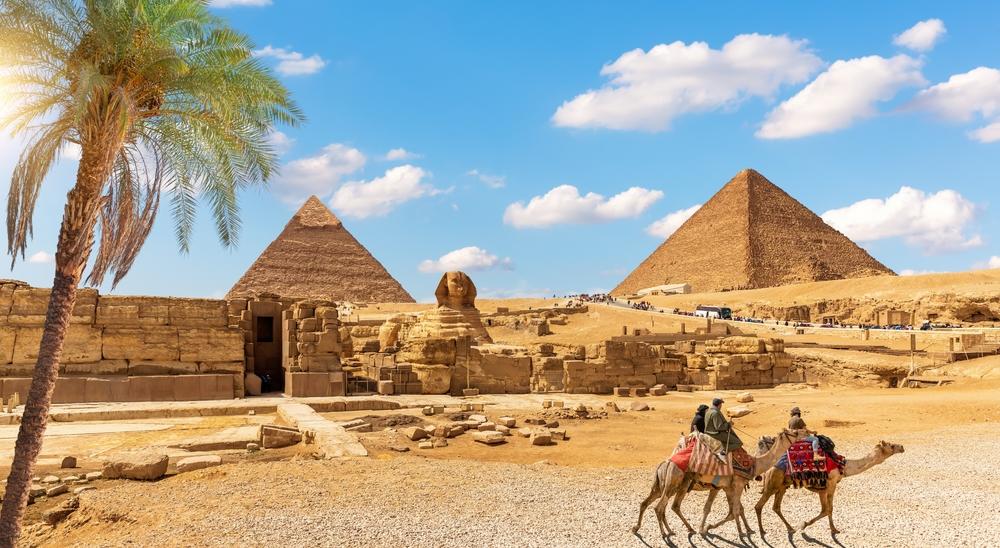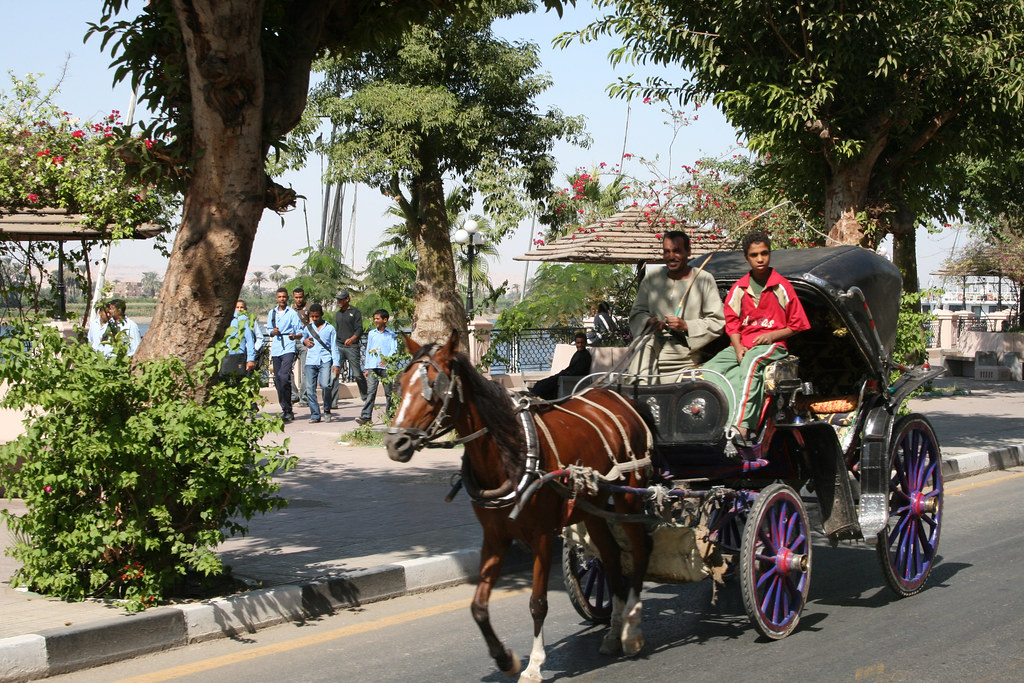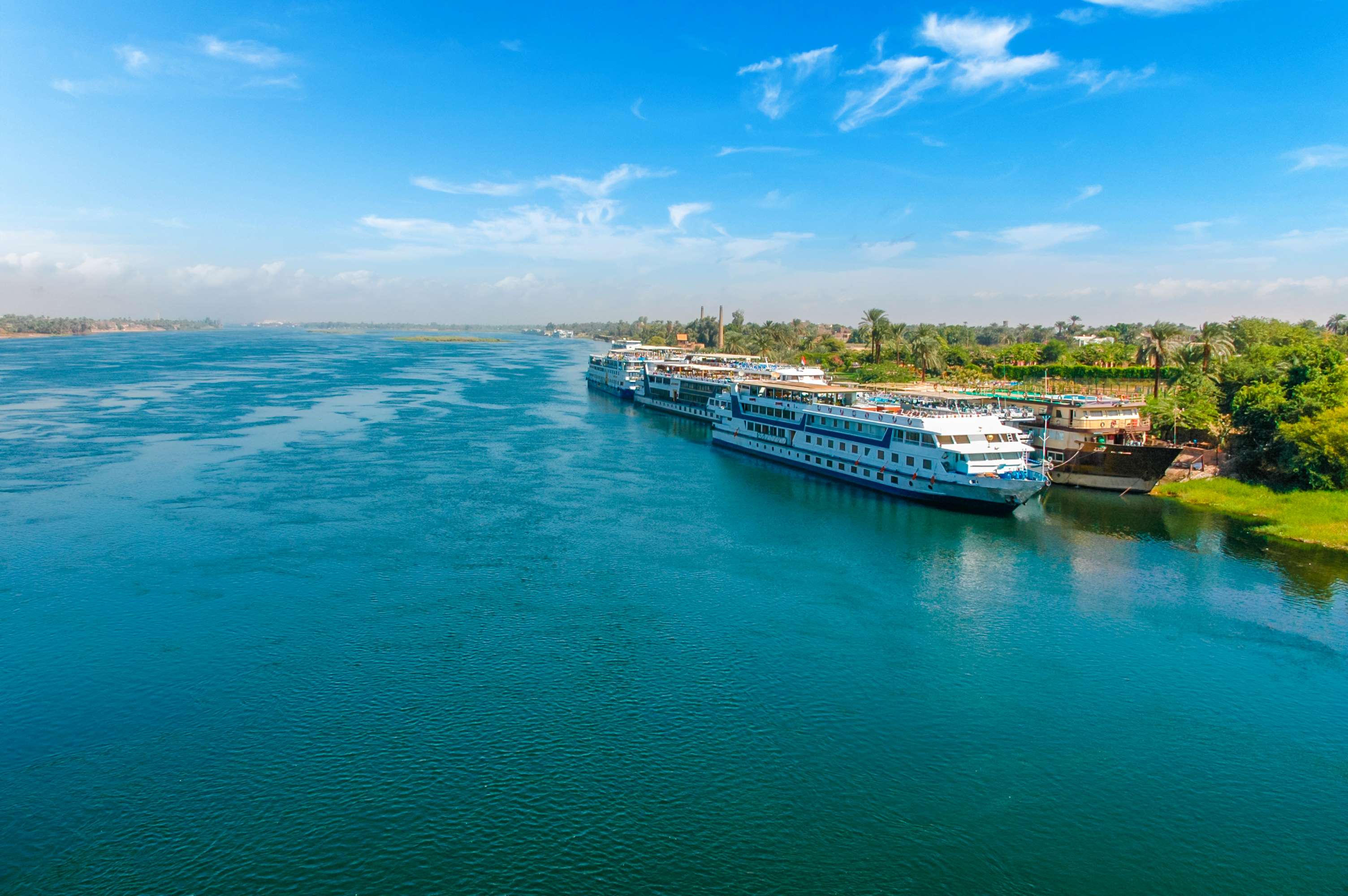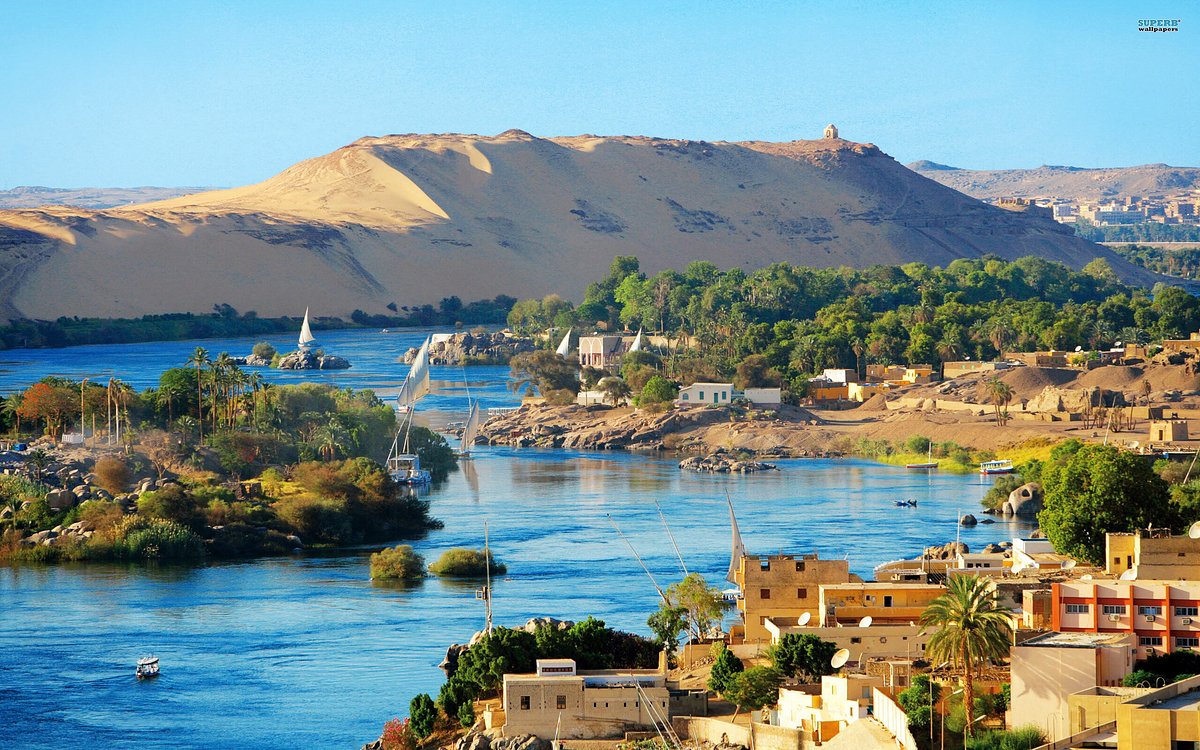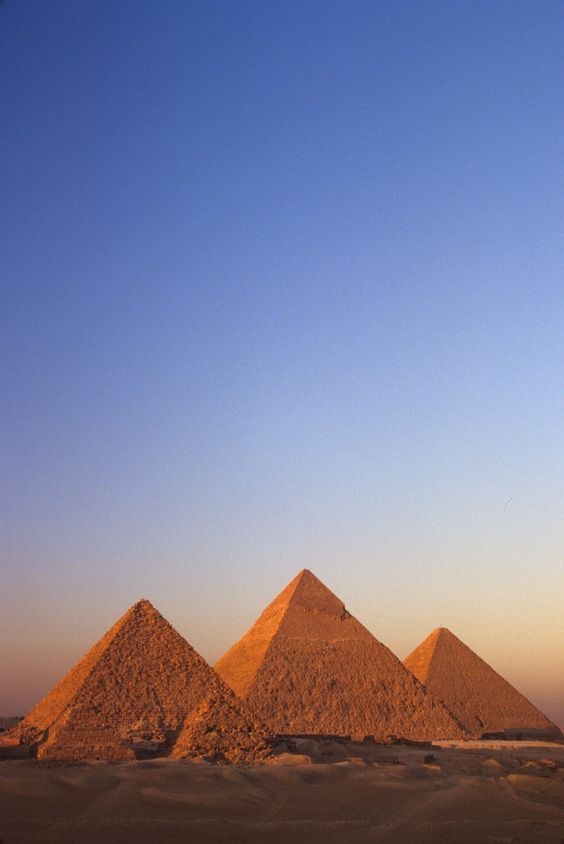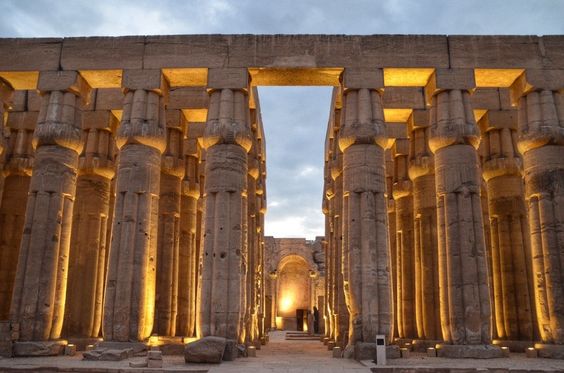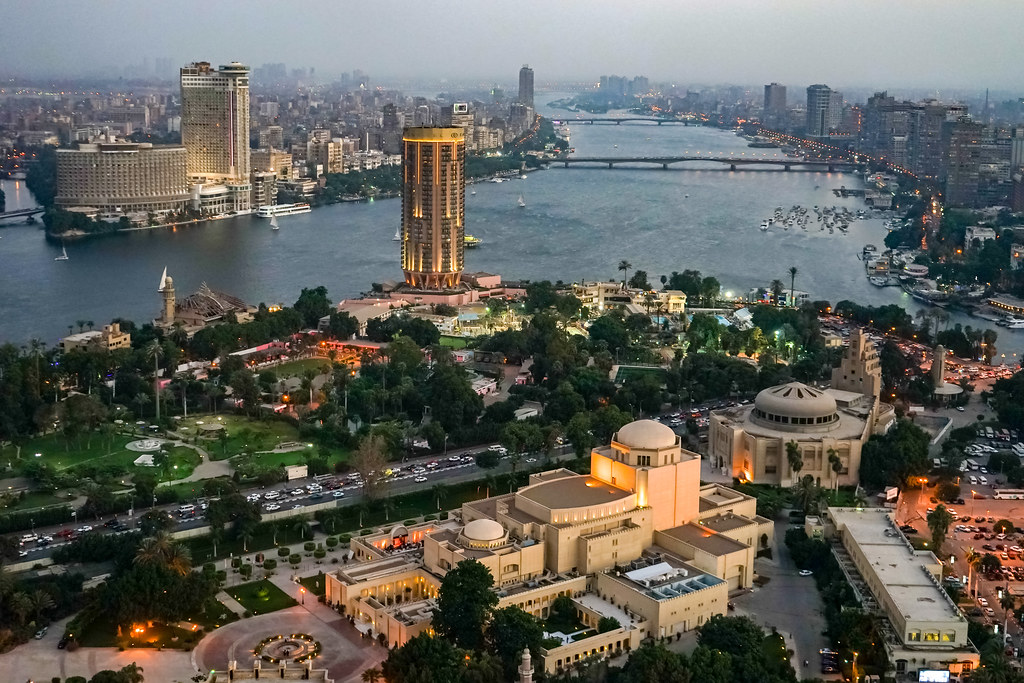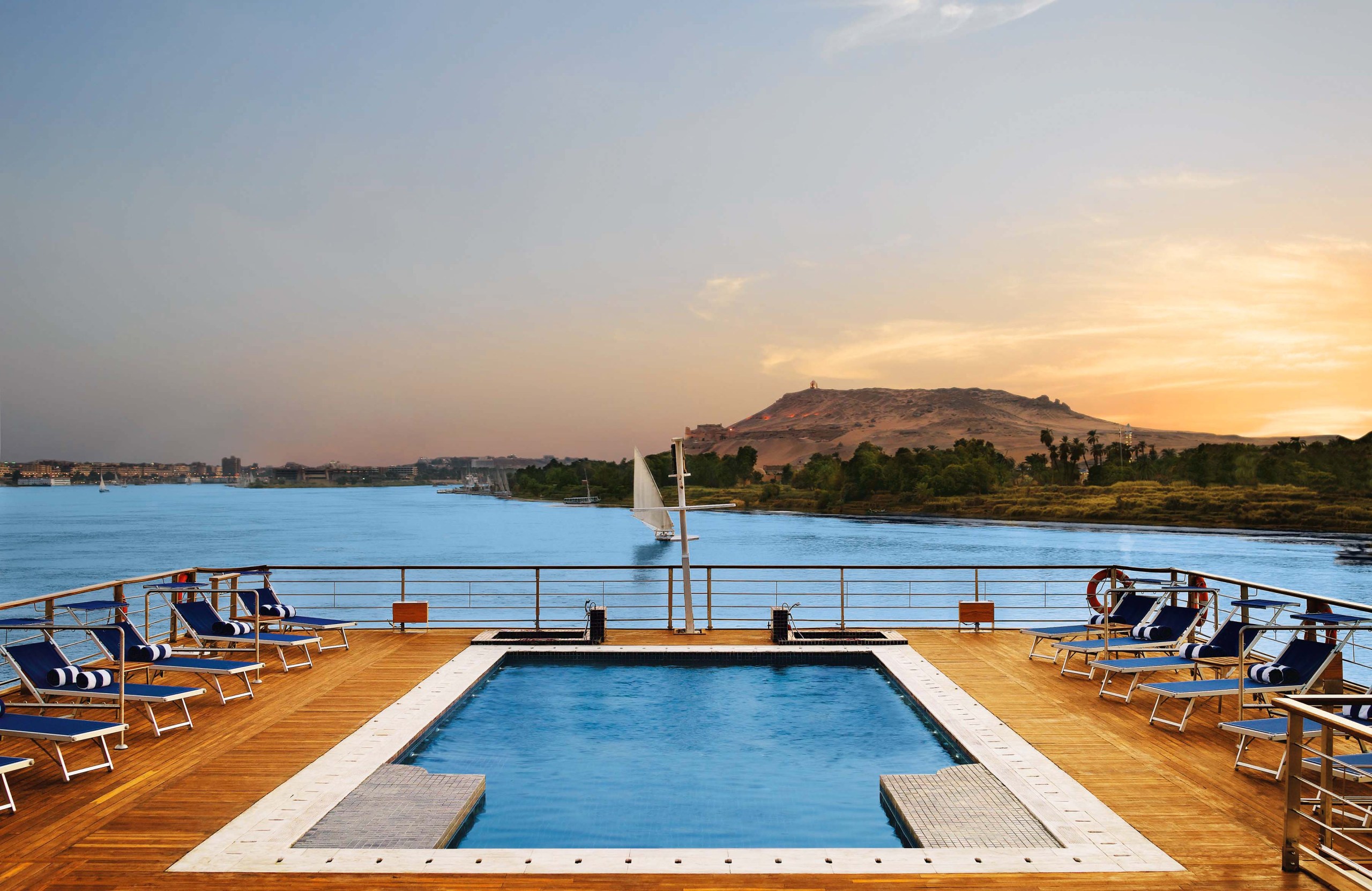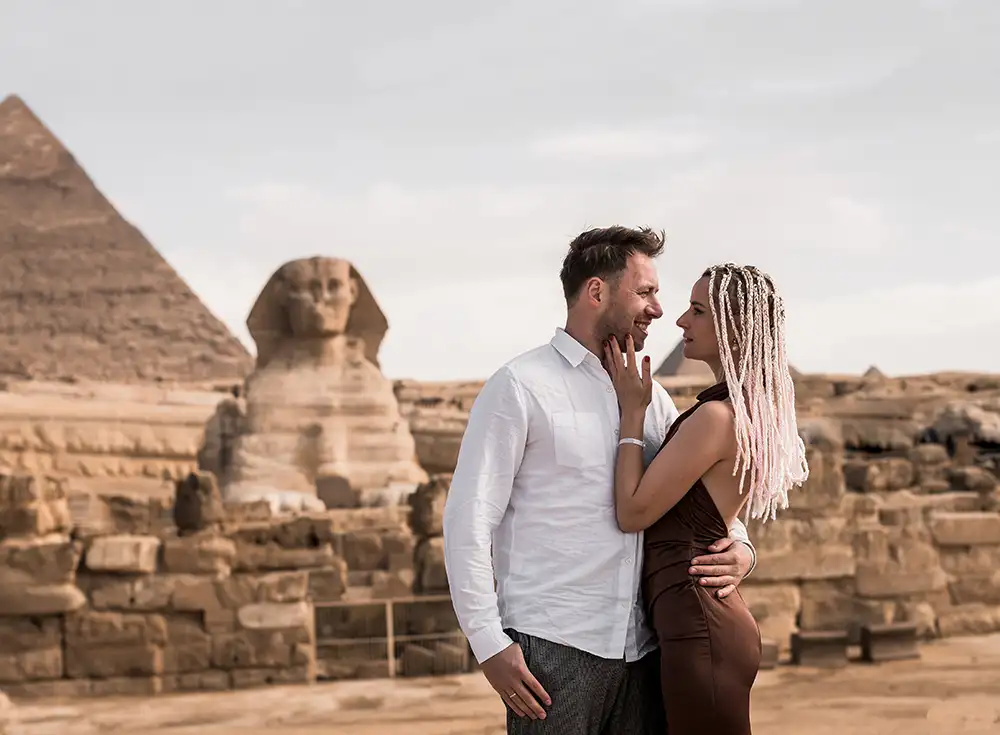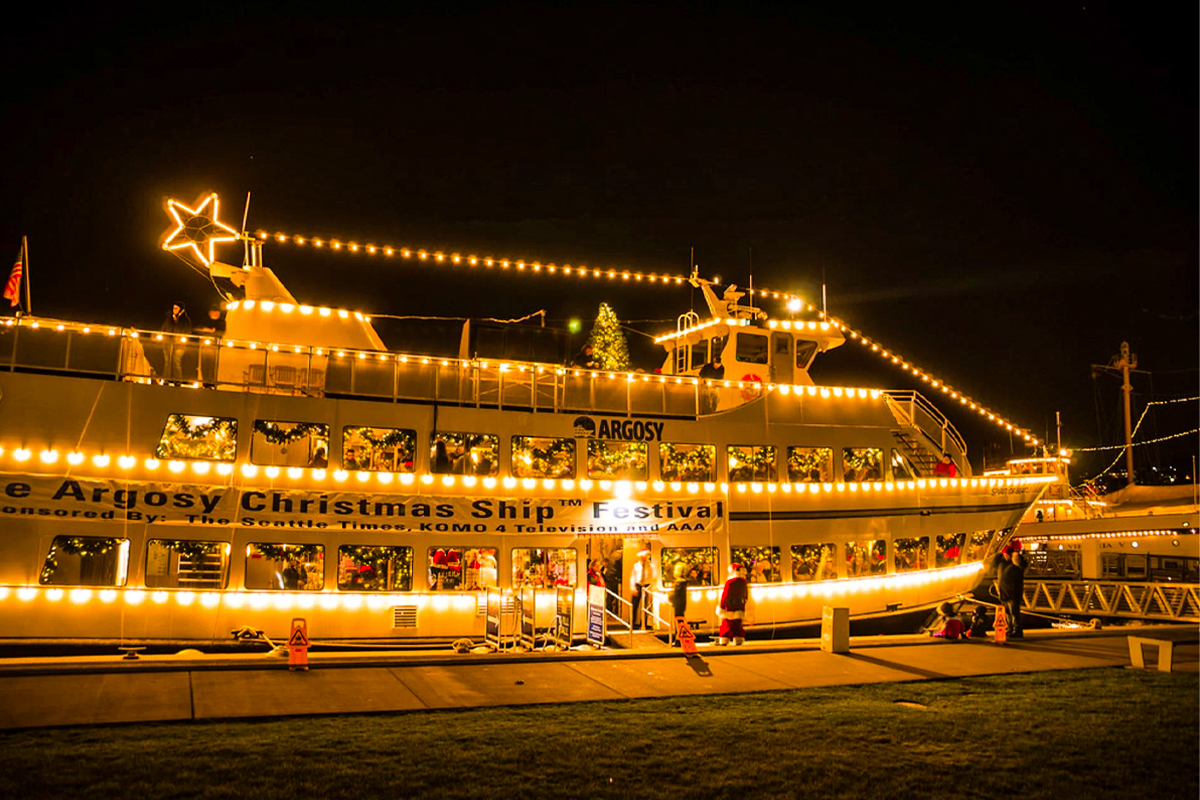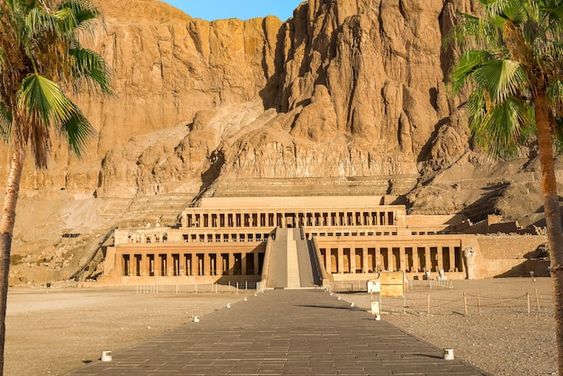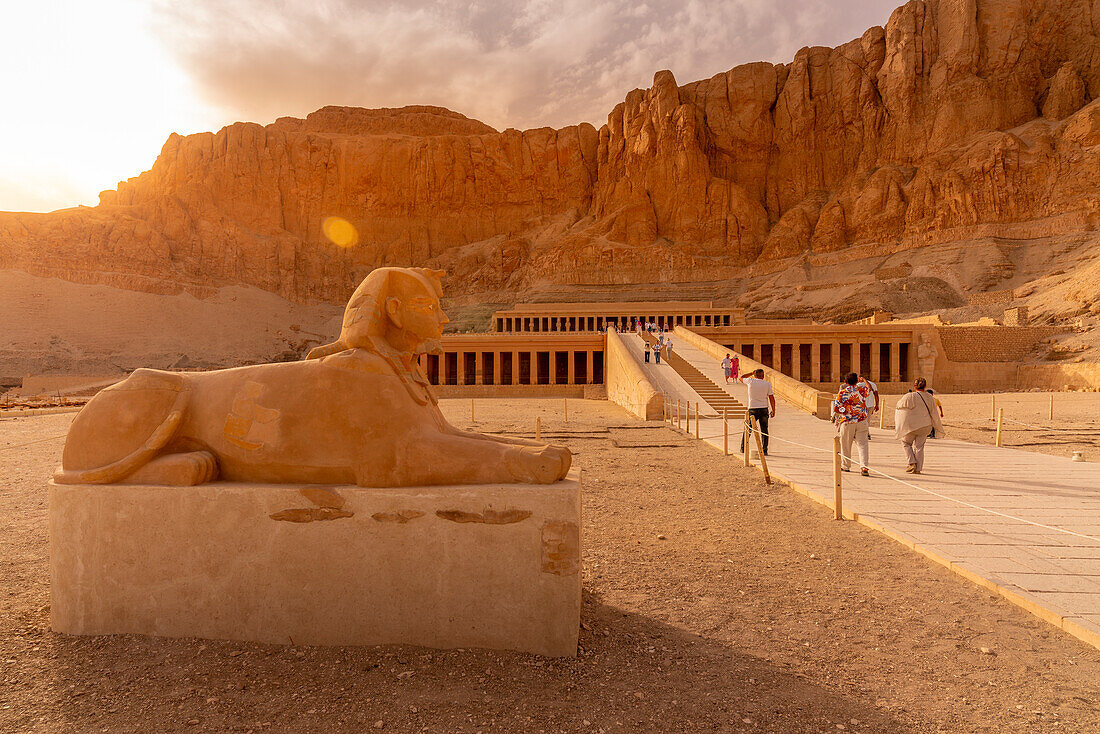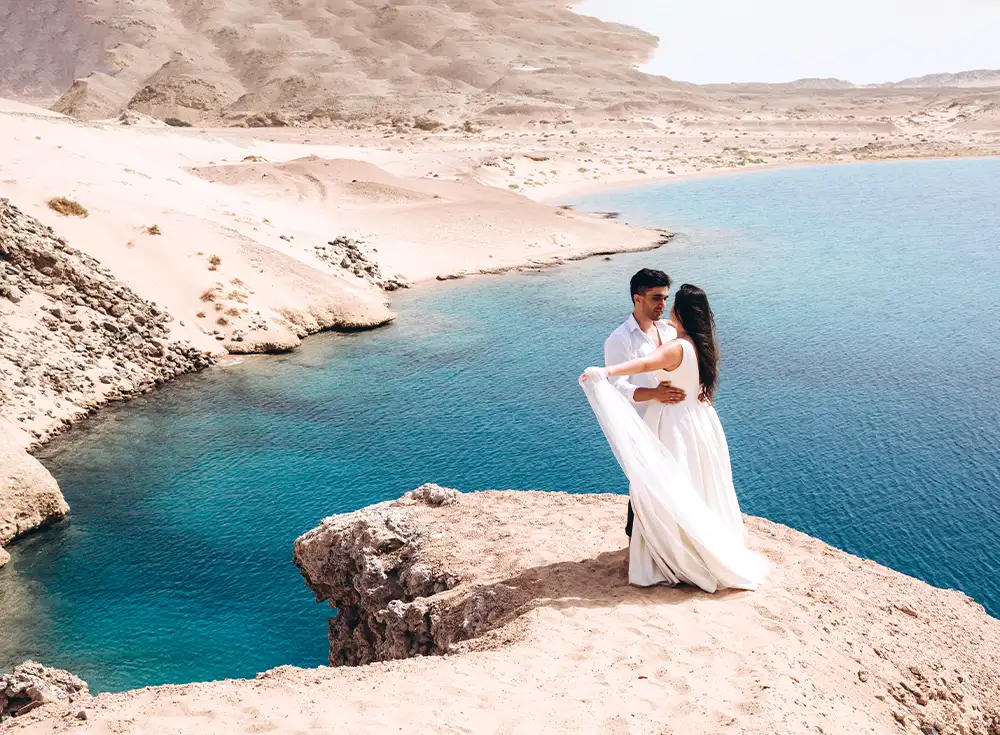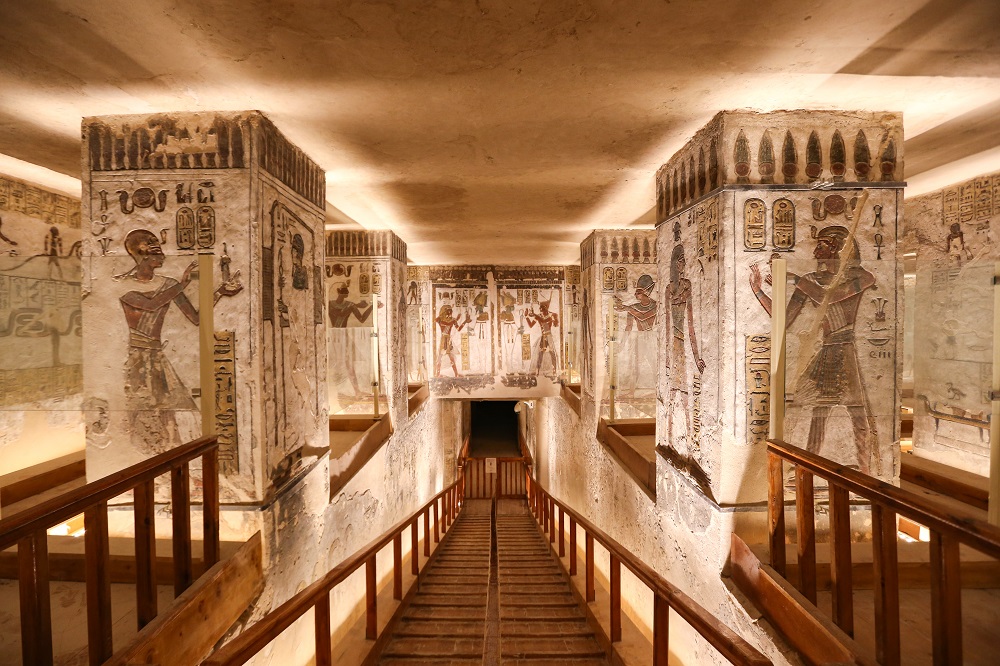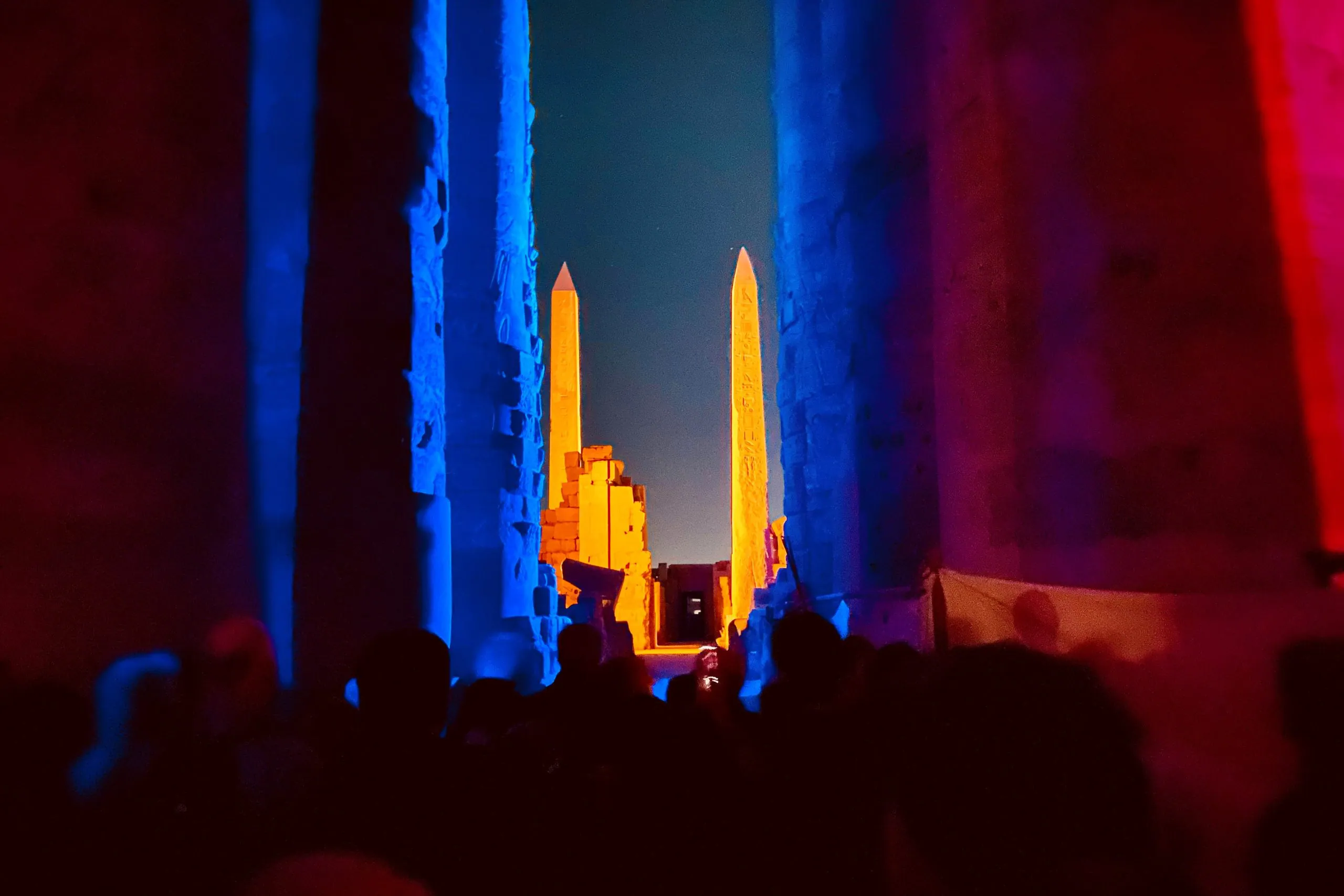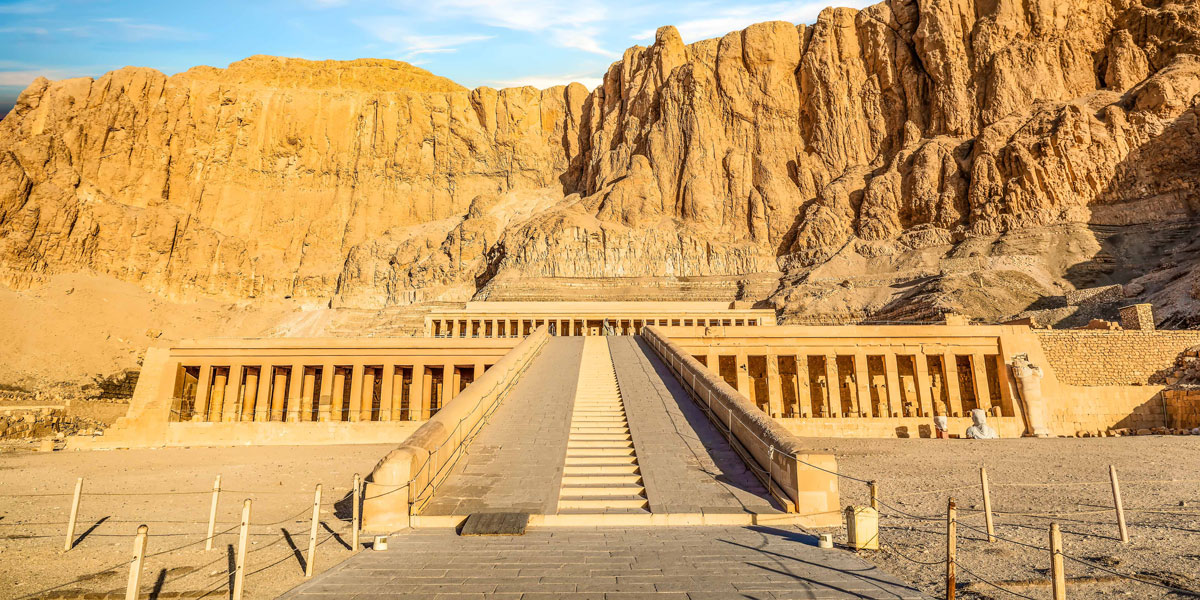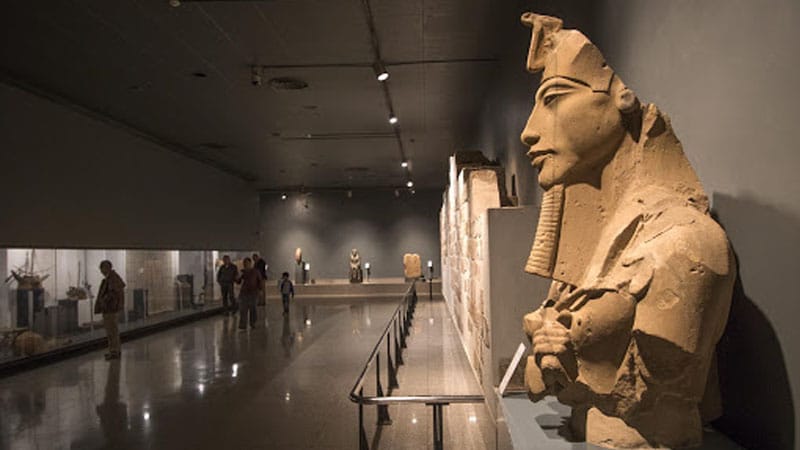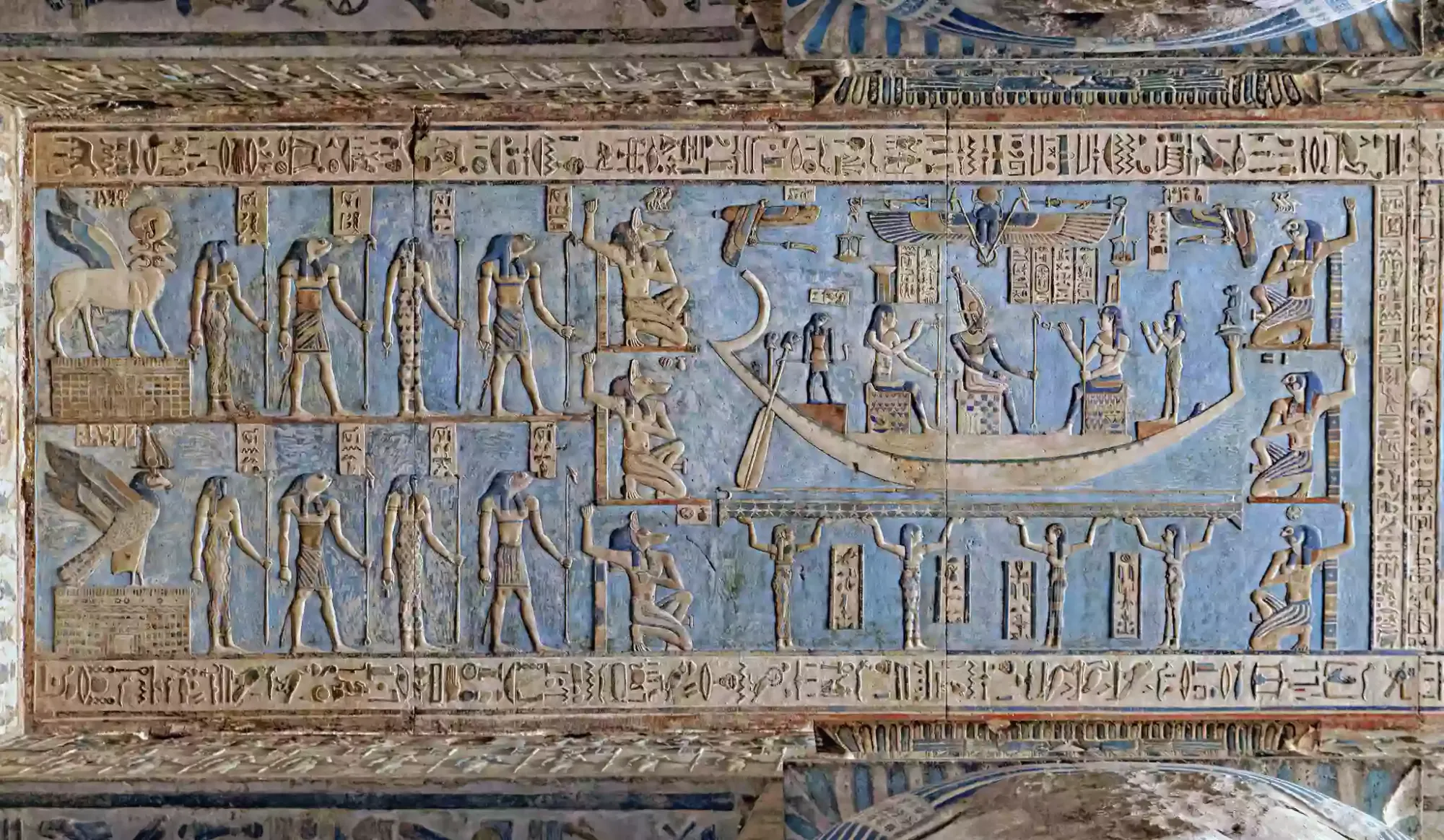The best things to do in Luxor
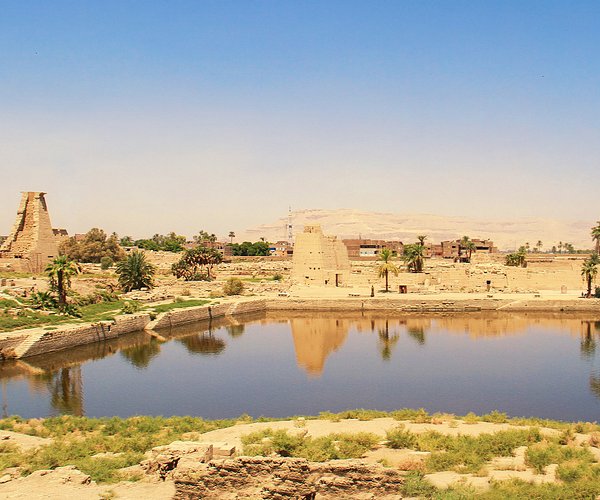
The best things to do in Luxor
The city of Luxor is truly an attraction. From the great Karnak and Luxor temples to the enigmatic faculties of the Valley of the Kings, it is difficult to run out of iconic places. Whether one is sailing on the Nile, flying in a balloon, or visiting other archaeological sites, a trip to Luxor is all about the history and splendor of the motherland of Egypt. This is a place that reconstructs history in every corner, and for that reason this place holds a special invitation for tourists who wish to engage in one of the oldest and greatest civilizations on earth.
The Karnak Temple
Karnak Temple Complex is an enormous temple site from ancient Egypt that is located close to Luxor and is largely devoted to the worship of Amun-Ra. The site has been extended for more than two thousand years, starting with the Middle Kingdom and ending with the Ptolemaic period. The Great Hypostyle Hall is famous for having 134 large columns and many obelisks, statues, and reliefs. There is a sacred lake and Avenue of Sphinxes as well. Notably, Karnak was one of the primest places of worship and royal functions during the New Kingdom period as one of the largest religious complexes in Egypt.
The Luxor Temple
The Luxor Temple is an ancient Egyptian temple located on the east bank of the Nile in Luxor and is dedicated to Amun-Ra and his consort Mut and their offspring Khonsu. It rests on land dating back to the New Kingdom period, circa 1400 BCE, and was subsequently built upon by various pharaohs over the years, including Amenhotep III, Tutankhamun, and Ramses II. This temple is known for its great statues, its obelisk (there were originally two in this site), and the famous Avenue of Sphinxes linking it to Karnak Temple. Unlike the other temples, Luxor Temple was designated for the adoration of the deceased kings, represented by the obelisk and as Mhond Aeng’s tutelary meritorious figures. It has extraordinary features of architecture and important historical values in relation to ancient Egyptian religion, making it one of the central ones above the monoliths.
The Valley of the Kings
The Valley of the Kings is a famous necropolis in Luxor, Egypt, housing many New Kingdom pharaohs and nobles in their tombs. Situated on the west bank of the Nile, it contains over 60 tombs, including those from some of the most well-known rulers: Tutankhamun, Ramses II, and Seti I. The limestone cliffs house tombs that have been dug out and are expensively decorated with scenery of Egyptian mythology to provide a safe passage into the afterlife. It was the burial place for royalty from the 16th to the 11th century BCE and is one of Egypt's most important archaeological sites.
The Hatshepsut Temple
The Hatshepsut Temple, otherwise known as the Temple of Deir el-Bahari, is a mortuary temple in ancient Egypt near Luxor, dedicated to the Pharaoh Hatshepsut-one of the most successful and pioneering female rulers of Egypt. Hewn into the living rock of the Theban Mountains, the temple consists of a series of grand terraces, colonnades, and monumental statues. It is renowned for its architectural beauty and symmetry, in conjunction with the reliefs narrating the history of Hatshepsut's reign-including the whole famous trading expedition she had to Punt. The design of the temple harmoniously blends into the landscape surroundings, rendering it yet another masterpiece of ancient Egyptian architecture.
The Temple of Medinet Habu
The Temple of Medinet Habu is the mortuary temple for the third pharaoh of the 20th Dynasty, Ramses III; it is located on the west bank of the Nile, opposite modern-day Luxor. The big temple within the compound is remarkably well preserved in terms of architecture and extensive wall reliefs where the military victories of Ramses III have been depicted, particularly against the Sea Peoples. It consists of a huge fortified wall with a large courtyard, inner sanctuary, and colossal pylons. Medinet Habu is well preserved from all New Kingdom temples and reflects the incredible history of ancient Egyptian art, religion, and military.
The Colossi of Memnon
The Colossi of Memnon are two enormous stone statues of the Pharaoh Amenhotep III that stand on either side of the Nile River near Luxor on the west bank. The statues are about 18 meters, or 60 feet, in height and originally stood guard at the entrance to Amenhotep III's mortuary temple, which has largely been destroyed. The statues are enthroned, with inscriptions on their bases showing the pharaoh's name. Their imposing size made the Colossi famous in antiquity because at dawn, the stone used to crack due to changes in temperature and could produce a mysterious "singing". Nowadays, they are still one of the iconic landmarks of Egypt.
The Valley of the Queens
The Valley of the Queens is an archaeological site that lies on the west side of the Nile, close to Luxor. This site was used as a burial area for the queens, wives, and childhood members of pharaohs within the New Kingdom period. (approximately 1550–1070 BC). There are more than 90 tombs in the valley, including the well-known one of Nefertari, the wife of Ramses II, who is famous for the exquisite paintings on the walls. As is the case with the Valley of the Kings, the interiors of the tombs contain scenes illustrating the mythology for which ancient Egypt is famous, which gives an understanding of the culture and burial customs of ancient Egyptians.
The Dendra temple
This ancient Egyptian site, some 60 kilometres north of Luxor, is the place that was dedicated to Hathor, the goddess of love, music, and motherhood. This major structure comprises a Temple of Hathor that is one of the best-preserved ancient buildings with a large hypostyle hall of towering columns and intricate carvings. The interior of the temple contains stunning reliefs and a famous astronomical ceiling showing the stars and constellations. Along with the main temple, the site comprises several smaller temples, a sacred lake, and a birth house. The Dendera Temple is one of the most well-preserved and important religious complexes in all of Egypt.
Activities in Luxor
Luxor is among the main tourist cities in Egypt, representing some of the great ancient monuments that hold a lot of history. Here are some activities considered to be at the top of the list for any visitor traveling to Luxor:
Hot Air Balloon Ride
Have an early morning ride by hot air balloon over some awesome landscapes of the Nile Valley. Observe the bird's-eye view of Luxor temples, tombs, and the river of Nile.
Nile River Cruise
Take a laid-back sail down the Nile River by felluca or on a five-star cruise. This is a great way to enjoy the scenery and see the various sights from the water.
Shopping at the Luxor Market
Explore the lively markets and souks of Luxor, where you can find traditional crafts, jewelry, and souvenirs like papyrus scrolls and Egyptian spices.
Watch a Sound and Light Show
Evening Sound and Light Show: A narrated history of the temples is given during this spectacle at either Karnak or Luxor Temple with dramatic lighting effect.
Luxor is certainly a living testament to the greatness of Ancient Egypt, taking one through an exciting voyage in time via the prolific temples, tombs, and monuments. Each visit is steeped in the history, culture, and mythology that informed the shaping of one of the world's oldest civilizations. From an exploration of the grand sites during the day to relaxing on a Nile cruise and beholding in wonder an evening sound-and-light show, the city guarantees unforgettable moments. The destination encourages awe, reflection, and wonder-filled moments-makes it simply unskippable for any enthusiast of history, art, and ancient Egyptian mystique.
Egypt Tours FAQ
Of course, travelers must obtain a visa, which can be obtained upon arrival or online for some nationalities.
Egypt is generally safe for tourists and residents, and you should consult travel specialists to find out the best places to visit in Egypt.
The Egyptian pound (EGP) is the official currency in Egypt.
The language is Arabic, but in tourist areas English is widely spoken.
Egypt offers a range of tours, including historical, cultural, and adventure trips that cater to all interests
Yes, many Egypt trips are family-friendly, offering educational experiences and activities suitable for all ages.
Private Egypt tours can be easily booked through us, offering customized itineraries based on your preferences.
Guided tours in Egypt include a professional guide, who provides insight and comfort, while self-guided tours allow more flexibility but you won't get the information a tour guide gives you.
comfortable clothing suitable for the climate, sunscreen, and essentials for exploring historical sites






